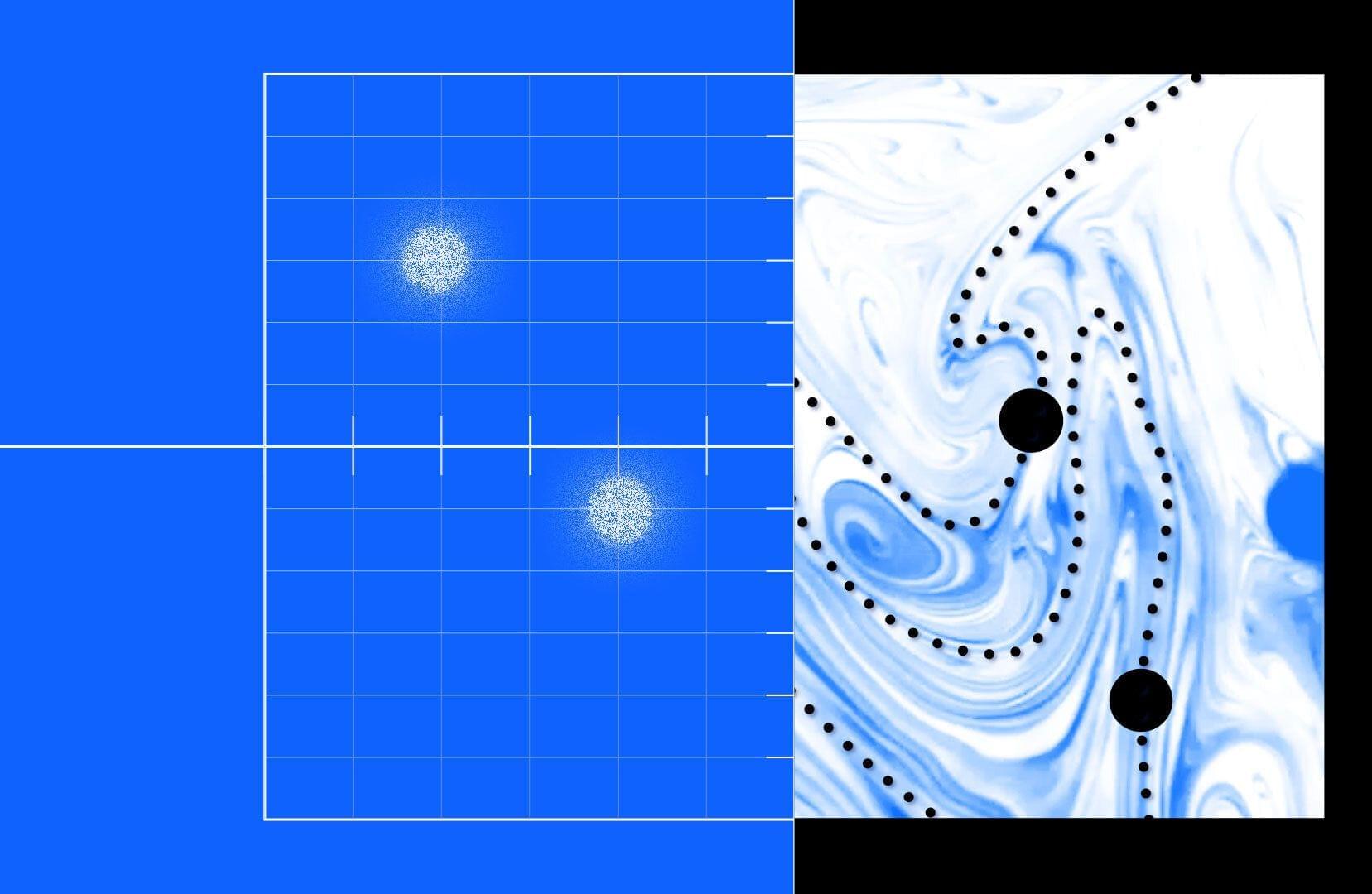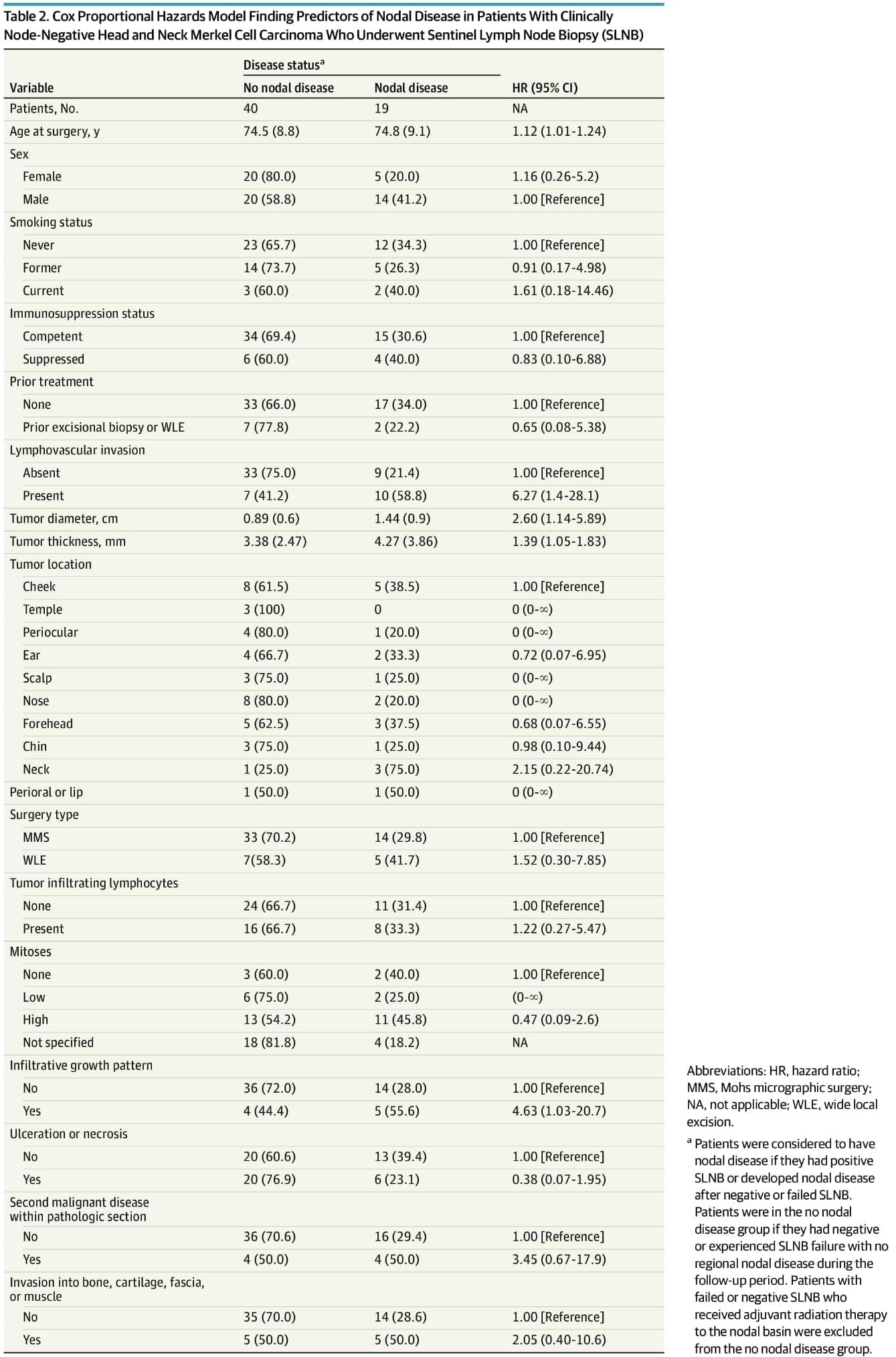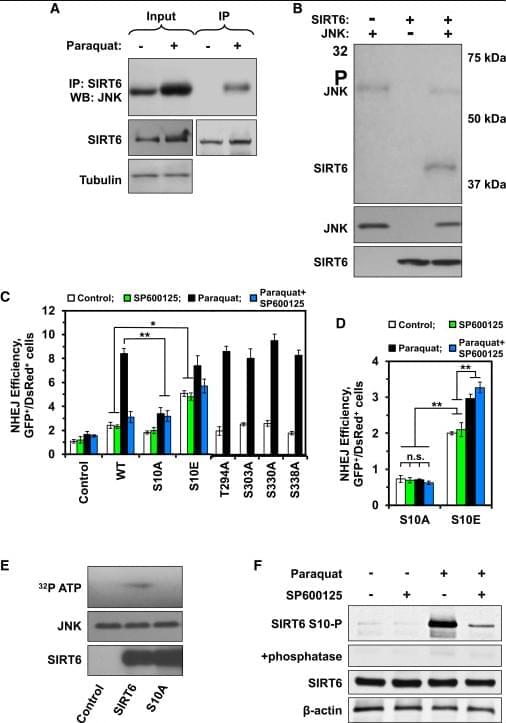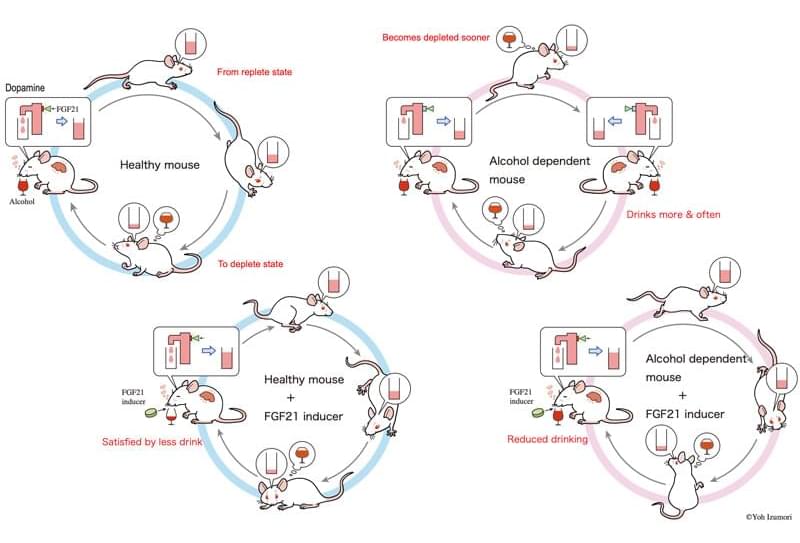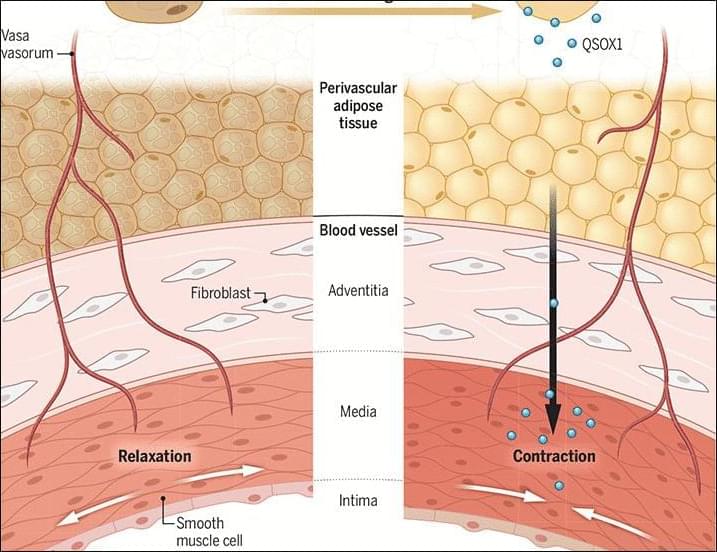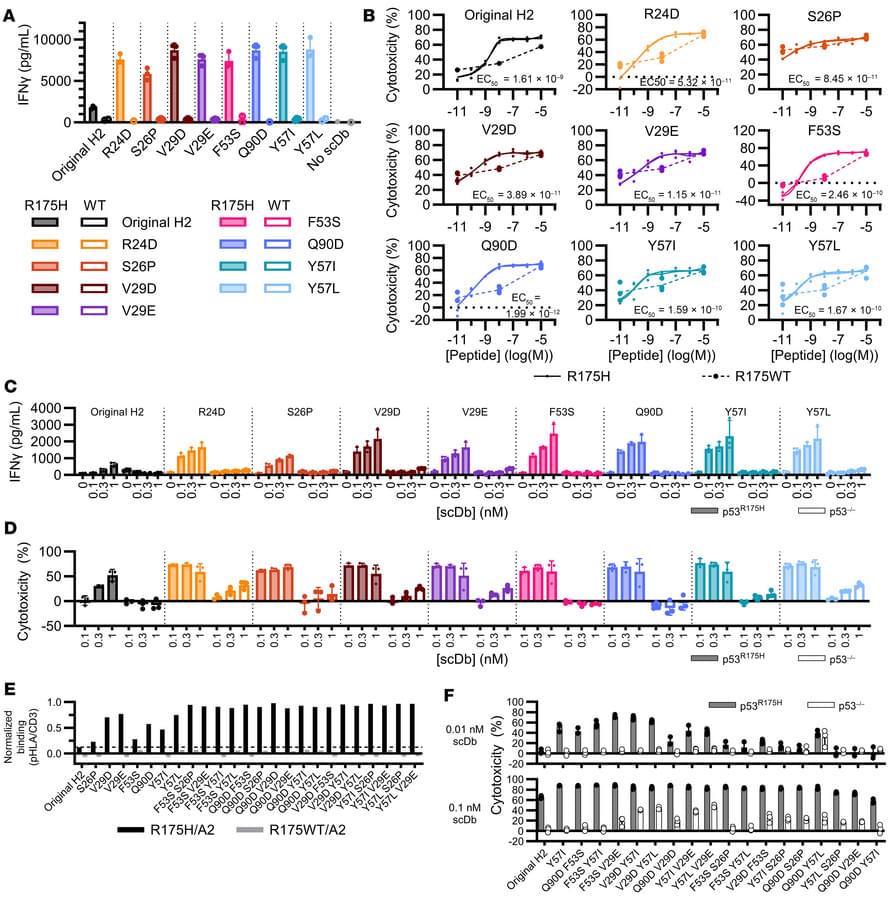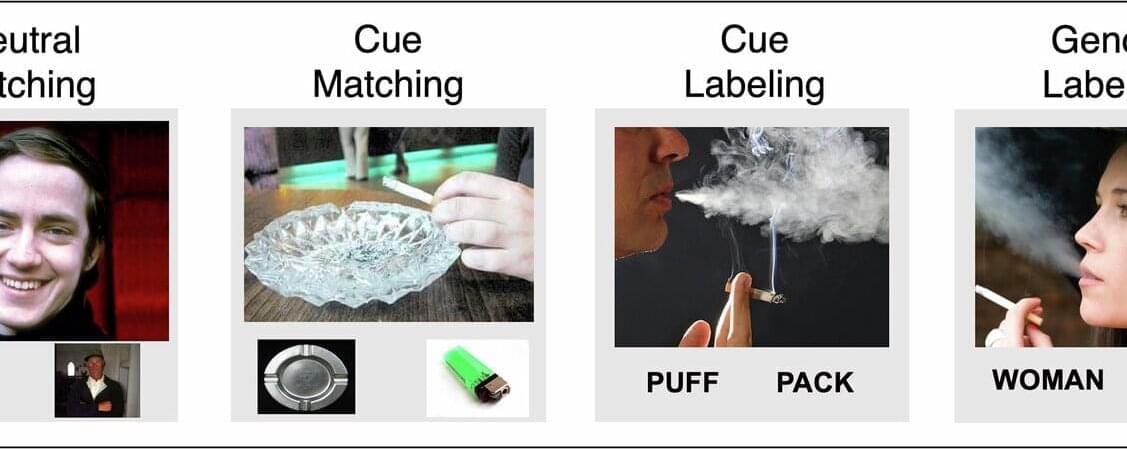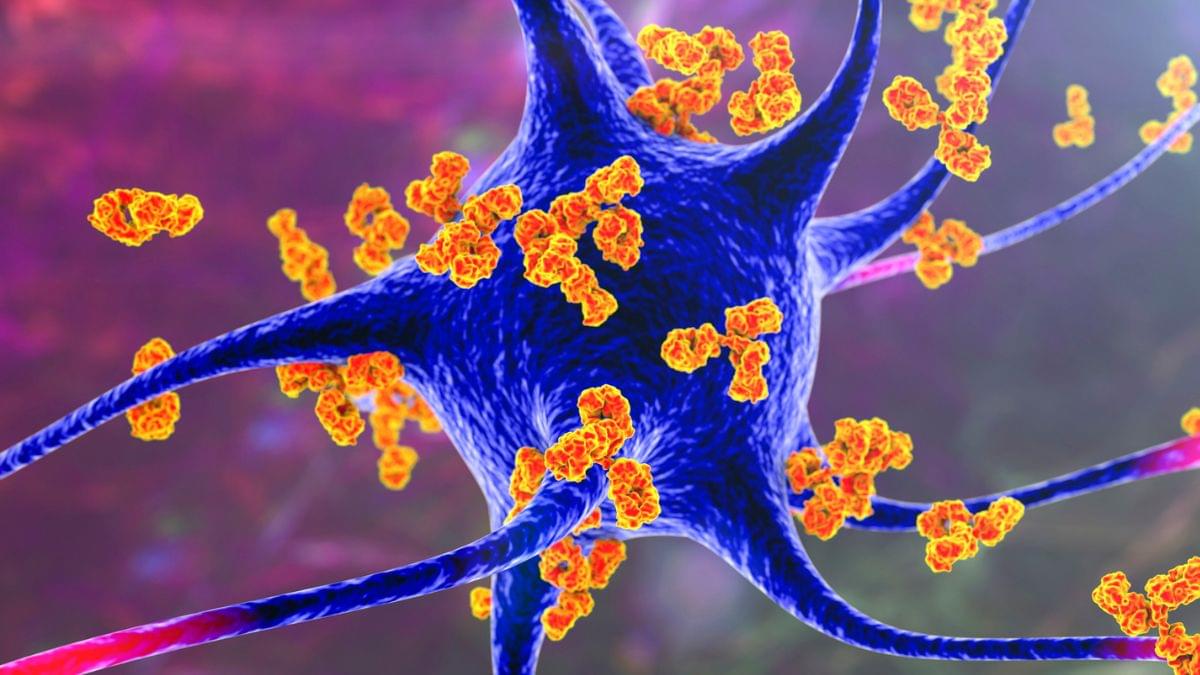These mini brain organoids resemble the developing cortex — the area of our brains that think, feel and store memories.
This advancement will help us learn more about conditions like dementia, but what if we go too far and they become conscious?
Hear the full story on The world, the universe and us, a news podcast for the insatiably curious, hosted by Rowan Hooper and Penny Sarchet.
Tap link in bio to learn more
https://www.newscientist.com/podcasts/
